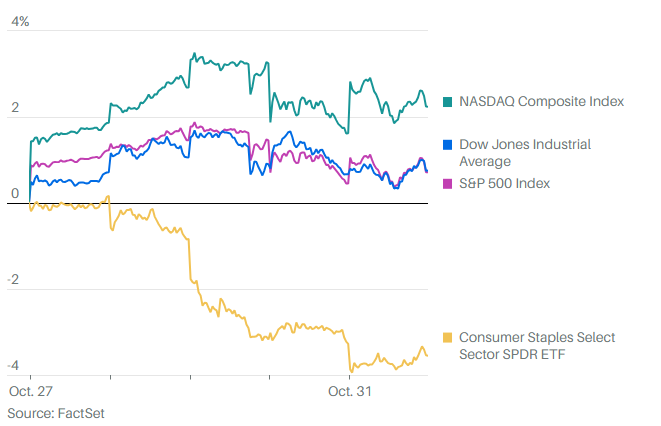The negatives outweigh the positives
most advisors agree that annuities have significant disadvantages

Annuities can sound enticing when pitched by a salesperson who makes commissions selling them. However, most advisors agree that annuities have significant disadvantages.
An overview
- Annuity earnings are taxed as ordinary income, which is a higher rate than capital gains taxes.
- Annuities charge a 10% early withdrawal fee if you take money out before age 59½.
- Salespeople get large commissions from selling annuities. There are additional fees and expenses associated with annuities.
Tax disadvantages
You do not pay taxes on an annuity during its growth phase. The money you earn during this period is tax-deferred. However, when you start taking distributions, not only are you taxed, but the rate is higher than for many investments. Annuity gains are taxed as ordinary income, not as capital gains.
This is especially bad news for wealthy investors in the top tax bracket, which is 37% for 2020 and 2021. By contrast, the profit from investments that receive capital gains treatment is taxed at a much lower 0%, 15%, or 20%.
Penalties for Early Withdrawal
There is a 10% penalty for withdrawing from an annuity before reaching 59½ years of age.
High Commissions
Life insurance agents might push annuities because of the commission they receive. The commissions from an annuity sale are large. Information disclosing commissions and fees are often buried within pages and pages of literature. In fact, one of the reasons annuities have such excessively large early withdrawal charges is to cover the cost of the insurance agent's commission.
When are annuities right for you
Fixed immediate annuities can help meet necessary expenses in retirement. Purchasing a fixed immediate annuity with a portion of your retirement funds allows you to spend the rest more aggressively in retirement. Fixed immediate annuities are often best purchased at retirement age. They guarantee a steady stream of income that can be used for necessary expenses.
The short answer
Contact a trusted financial advisor before determining if annuities are right for you. Most of the time, they're not. Beware of advisors or salespeople pushing you towards purchasing an annuity. Norwood Economics rarely recommends them. Have questions about if an annuity is right for you? We're happy to help.











